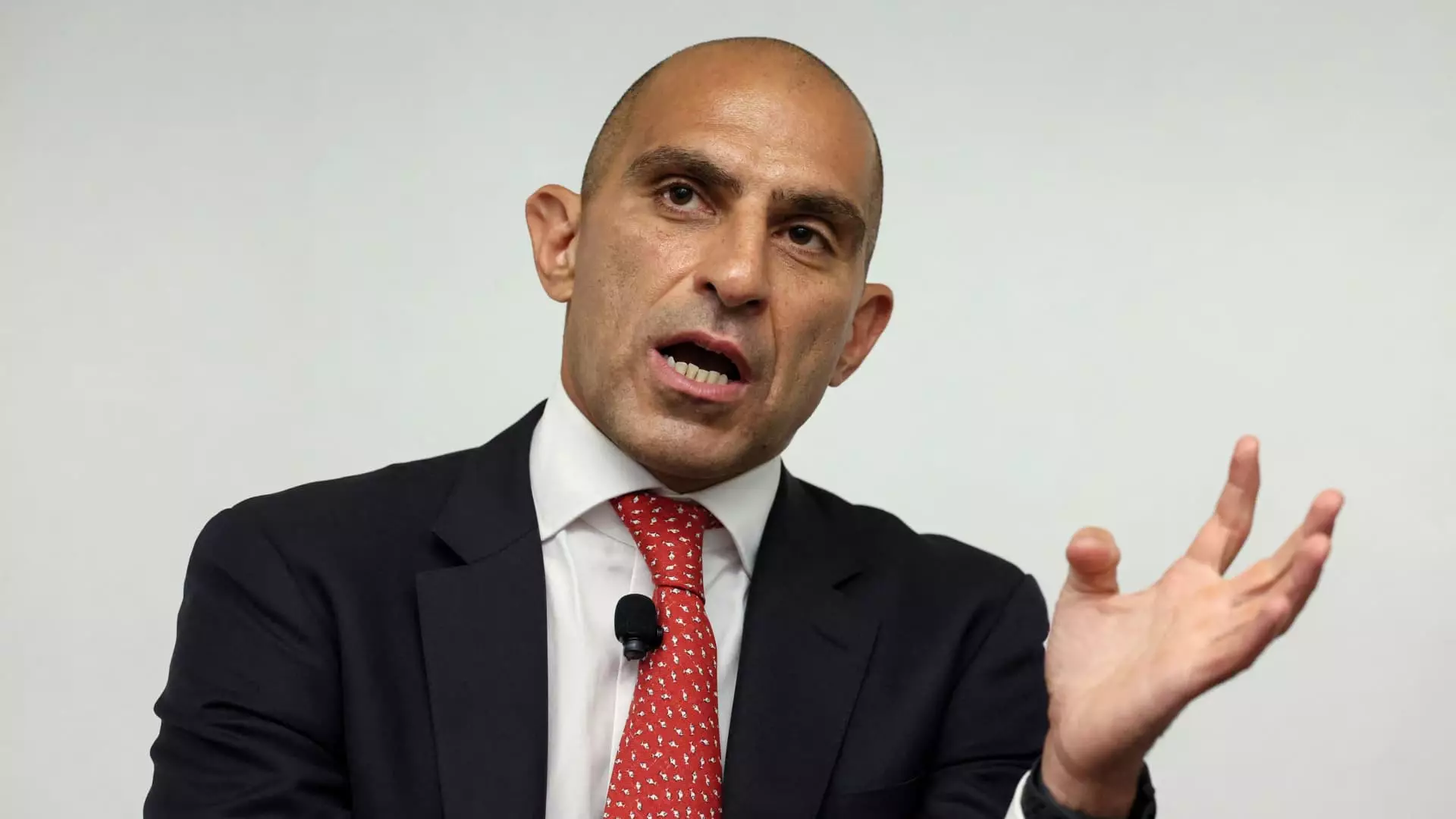The Commodity Futures Trading Commission (CFTC) finds itself at a critical juncture, particularly highlighted by its recent legal tussle with the financial exchange Kalshi. As of September, Kalshi, which sought to diversify its offerings by enabling contracts that would allow people to place bets on U.S. election outcomes, has faced pushback from the CFTC. Despite their attempts to impose a ban on such contracts, a recent court ruling has allowed Kalshi to proceed, a move that has forced the CFTC to reconsider its stance on these increasingly popular event contracts.
Rostin Behnam, the CFTC chairman, addressed these developments during his remarks at DC Fintech Week in Washington, D.C. His statements reflect the agency’s longstanding belief that political event contracts should not be permissible. However, with the ruling in favor of Kalshi, the CFTC is left to navigate the precarious ground of maintaining market integrity while facing an evolving legal landscape. This tension highlights the challenges regulatory bodies face in adapting to new financial innovations while safeguarding traditional market principles.
Alongside these election-related issues, the CFTC is also contending with the rapidly growing domain of digital assets. Behnam has been vocal about his apprehensions regarding the proliferation of scams in this sector, particularly affecting unprotected consumers. His testimony to Congress revealed a glaring void in federal legislation concerning digital asset regulation, underscoring the urgency for lawmakers to act. Everyday Americans remain vulnerable to various digital asset scams, lacking a protective regulatory framework that could mitigate these risks.
According to Behnam, the absence of comprehensive legal guidelines hampers the CFTC’s ability to protect consumers effectively. As the marketplace for digital assets expands, the need for a coherent regulatory strategy becomes more pressing. The failure to establish robust protections could not only threaten individual investors but also potentially destabilize the broader financial system.
Behnam’s advocacy for immediate legislative action reflects a broader recognition that America’s financial regulatory framework is lagging behind technological advancements. The CFTC is not just grappling with the implications of digital currencies, but is also challenged by the intertwined nature of emerging technologies and traditional financial practices. This complexity necessitates a collaborative approach between regulators, lawmakers, and industry players to forge an effective regulatory infrastructure.
The CFTC stands at a crossroads, grappling with the dual challenges of regulating event contracts in a political context and safeguarding consumers against rampant digital asset scams. The agency’s ongoing appeal against Kalshi’s contract offerings encapsulates its commitment to maintaining market integrity, while Behnam’s calls for comprehensive regulation emphasize the critical need for legislative intervention. The future of American financial markets hinges on effectively resolving these issues—balancing innovation’s promise with robust consumer protections.

